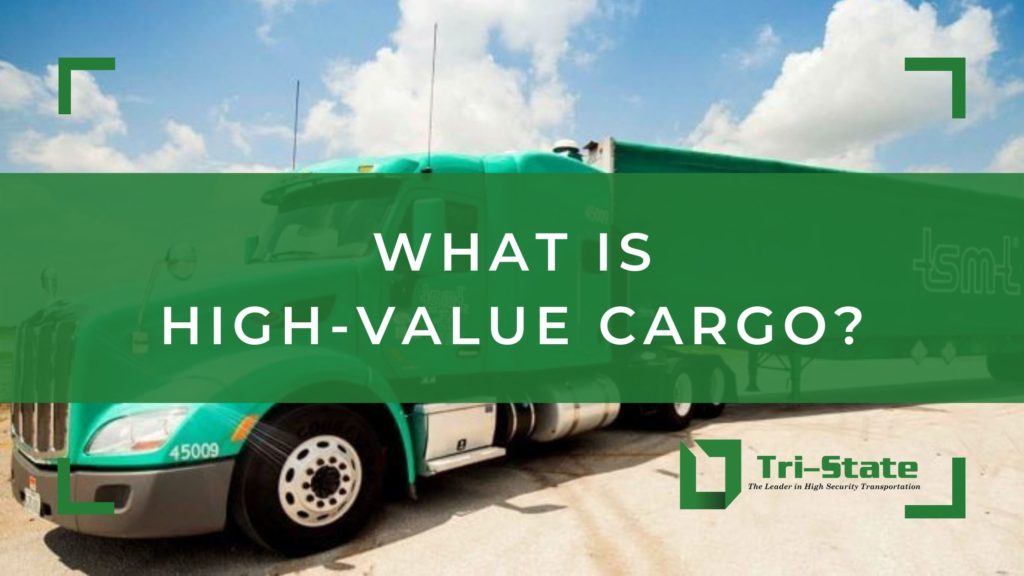What is High-Value Cargo?

When it comes to transporting goods across the nation, not all cargo is created equal. In fact, some cargo is considered high value by the industry. Read on to learn more about the meaning of high-value cargo and what it takes to safely transport it from one location to another.
High-Value Cargo Transportation
Valuable cargo is often described as items with a value of $5,000 or more, or goods that are precious in nature. This definition is for goods transported primarily in the United States, U.S. Virgin Islands, or Puerto Rico. If shipments are coming from other countries, the defining value might be different. There are as you might imagine many types of cargo that can fall under the high-value goods label. Regardless of the individual values of the goods, some of the most common high-value shipments include transporting the following:
- Gold, silver, or other valuable metals
- Pearls
- Jewelry
- Silver bullion
- Tapes contain personal, or sensitive data
- Stock certificates
- Bonds
- Currency, which includes coins
- Works of art
- Revenue, postage, or stamps
- Horological instruments, chronometers, and watches
Dangers Associated with Transporting Valuable Goods
Valuable goods are typically moved either via truck or plane. There are dangers associated with transporting valuable cargo or goods. Cargo crimes are on the rise with theft from vehicles being the most common type of cargo crime. Of course, there is always a risk when moving valuable items from one location to another.
Security Measure Tips For Shipping High-Value Cargo
Thankfully, even though there is a risk anytime you transport goods from one location to another, the risk can be reduced with heightened security measures. Keep the following in mind to ensure that high-value cargo arrives safely from one location to another:
- Selecting a Trusted Carrier: Make sure that any carrier chosen to ship the cargo has experience handling high-value cargo. It isn’t the same as moving merchandise or some other replaceable goods. High-value cargo is precious and in some cases irreplaceable, so it’s important that you choose an experienced carrier to trust with the job.
- Tracking System (GPS): A good GPS system ensures that there are always eyes on the cargo, watching it move across the county, safely to its destination.
- State-of-the-art Trailers with Locks and Alarms: As mentioned above, one of the most common ways that criminals access high-value or precious cargo is through vehicle break-ins. That is why it is so important that a company use state-of-the-art trailers and locks and alarms to ensure that the goods are safe.
- Direct Service Routes: Another important part of keeping high-value cargo safe during transport is direct service routes with no unauthorized stops. This reduces the risk of harm coming to cargo and removes the opportunity criminals might have to access cargo.
Other Tips for High-Value Cargo Transport
In addition to all the tips and points outlined above, it’s also important to pack high-value cargo well to protect it during transport. All shipments should be packaged well with materials that are designed to withstand the rigors of shipping. It’s also a good idea to remove any outward trademarks or company names from the package’s exterior. After all, it’s not a good idea to advertise that there are valuables being transported.
Bottom Line High-Value Cargo Can be Handled Safely
Even though it is a risk to ship high-value cargo, no matter what you do, the process can be made safer and the risk is greatly reduced by keeping the above points in mind when hiring a company to transport these types of goods. After all, many carriers have extensive experience handling high-value cargo and regularly transport it without issue.
